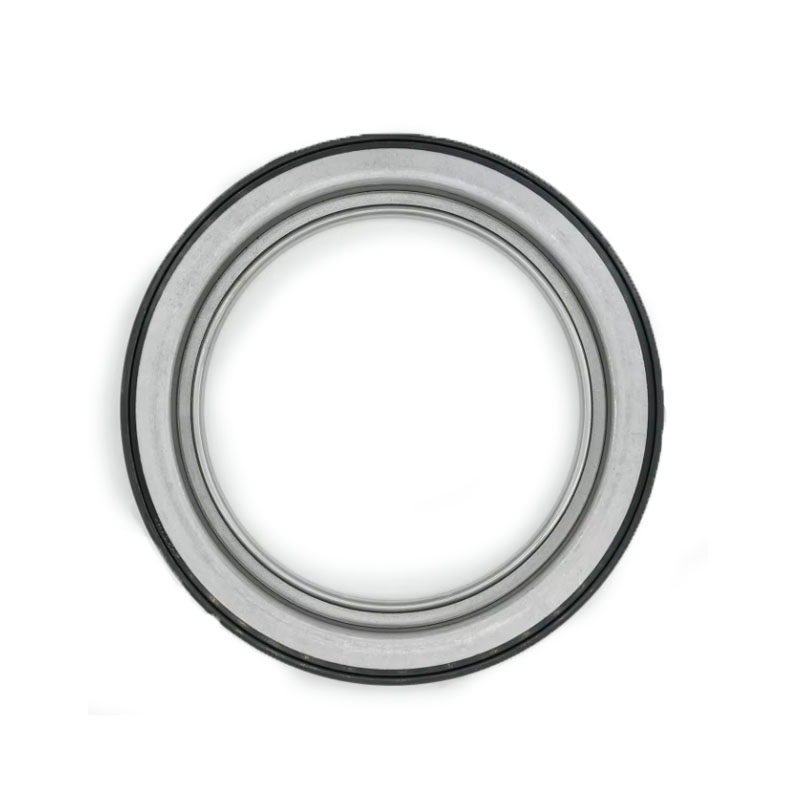End Cap Oil Seal Solutions for Enhanced Performance and Durability in Machinery
Understanding End Cap Oil Seals A Vital Component in Mechanical Seal Systems
End cap oil seals, often referred to simply as oil seals, play a crucial role in various mechanical systems by preventing the leakage of lubricants and the ingress of contaminants. These seals are designed to fit over the ends of shafts and housings, ensuring that the oil used to lubricate moving parts remains sealed within the assembly, thereby enhancing the efficiency and longevity of machinery.
The Design and Functionality of End Cap Oil Seals
An end cap oil seal typically consists of a rubber or synthetic elastomer material that is molded into a specific shape to create a tight fit. The design includes a flexible lip that contacts the shaft, providing a robust barrier against lubricant loss and external contaminants. This mechanism not only protects the internal components from wear but also minimizes the risk of failure due to inadequate lubrication.
The purpose of these seals extends beyond merely containing oil. They also serve to maintain optimal pressure levels within the system, which is essential for the effective operation of hydraulic systems and similar applications. This pressure retention is vital in preventing the degradation of lubricants due to excessive heat and contamination from environmental elements.
Applications of End Cap Oil Seals
end cap oil seal

End cap oil seals are commonly found in a wide range of industries, including automotive, aerospace, industrial machinery, and marine applications. In vehicles, for instance, they are essential for the effective functioning of engines and transmission systems, where oil is critical for lubrication and cooling. Their effectiveness significantly influences the overall performance and reliability of these systems.
Additionally, end cap oil seals are used in electric motors, pumps, and various other equipment where precision and robustness are required. As machinery operates under different conditions, selecting the right type of seal that can withstand temperature fluctuations, pressure changes, and chemical exposure becomes crucial.
Choosing the Right Seal
When selecting end cap oil seals, several factors should be considered, including the operating temperature, pressure conditions, and the type of lubricant used. Different materials offer varying levels of resistance to heat and chemicals, making it essential to choose an option that best fits the specific application.
In conclusion, end cap oil seals are an indispensable component in ensuring the efficiency and durability of mechanical systems. Their design and functionality directly impact the performance of machinery across various sectors, making them a critical focus of engineering and maintenance efforts. Investing in high-quality oil seals can lead to significant long-term benefits, including reduced maintenance costs and enhanced equipment reliability.
-
The Ultimate Guide to Boat Propeller Bearings and Trailer Wheel Bearings
News Jul.31,2025
-
The Essential Guide to Marine Bearings and Boat Trailer Wheel Bearings
News Jul.31,2025
-
The Complete Guide to Heavy Duty Seals: Protecting Doors and Spaces Efficiently
News Jul.31,2025
-
Essential Guide to Marine Shaft Bearings and Boat Trailer Axle Bearings
News Jul.31,2025
-
Comprehensive Guide to Marine and Trailer Bearings for Safe Boating and Transport
News Jul.31,2025
-
Comprehensive Guide to Automotive Oil Seals: Protecting Your Engine and Shafts
News Jul.31,2025
-
Understanding Automotive Oil Seals: Essential Components for Engine and Shaft Protection
News Jul.30,2025
Products categories















